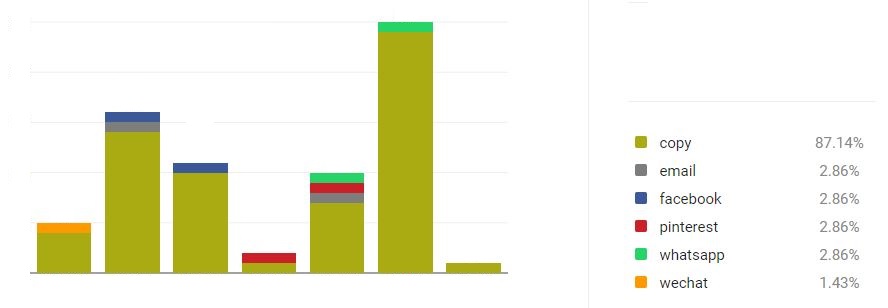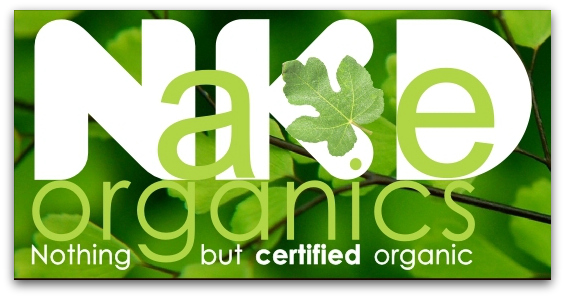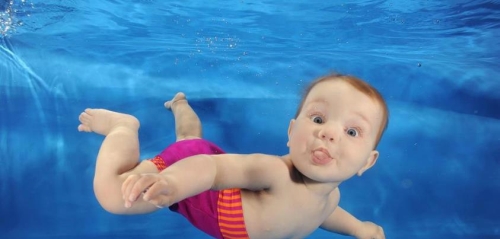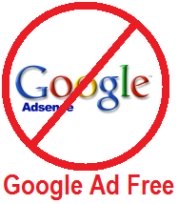|
|
www.moyoway.com |
Buy your Certified Organic |
|
|
CLICK FOR NAKED www.moyoway.com |
Moyo is an African origin word which implies that the
"heart and mind act as one to cultivate the spirit”
Mineral makeup and our Fu-Qu message
>Home Page >>Best foundation Makeup >>>Mineral Makeup
April 2013 marks Mineral Makeup Cosmetica and its vocation of passion and effort that has gone into creating it, to be 1 year old.
That's Us, Still a Baby and in the Deep End
Found this photo on www.facebook.com/WaterBabiesUK with all credit to WaterBabiesUK and thought it would make a great illustration for this page.
At the risk of sounding like a blog and reminiscing over the the last 12 months, particularly how fast the last 12 months have gone, a lot has happened:
- we have built this site with over 100 pages and increasing
- we have our Facebook page
- we have our Pinterest page
- we have our Google+ page
- we have our online tree gift idea project
- we have our farm in Malawi growing Moringa Oleifera
- we have our projects of extracting oil from Moringa Seeds
- we have our global causes to which we contribute time and money
- we have our conservation effort to which we have provided our brick making machine for the first elephant orphanage in Malawi
- we have our awareness campaign, Fu-Qu, which makes use of infographics to highlight toxins in cosmetics
And all of this would not be possible without you, the people that visit our site that help, contribute and add the real meaning to its existence.
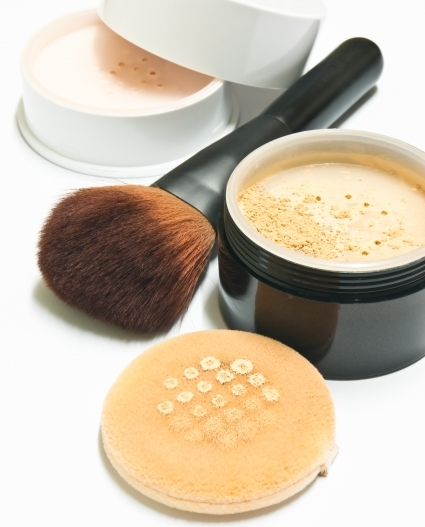
Mineral makeup
Mineral makeup has been used for thousands of years, much longer than any of the makeup products in the stores today.
Natural mineral makeup is growing in popularity as the internet spreads the word of people getting sick from using cosmetics that contain toxic ingredients.
While we read stories of cosmetic giants slowly agreeing to reformulate cosmetics because of public demand and lawsuits, unfortunately much damage has already been done.
Asthma, learning disabilities and cancer are only a few of the diseases that are increasing due to an increase of toxins in our bodies. One of these toxic sources are our daily cosmetics.
Men use around 6 cosmetics per day and the ladies use around 12. While we may be able to cut down on a few items here and there, for many of us, cutting down completely is out of the question.
For many reasons, cosmetics play a large role in our lives and we simply cannot do without them.
If we are going to do it, we may as well do it right
Sales of natural cosmetics and mineral makeup is growing worldwide, especially in the developed first world economies ... and there is a reason for this.
Awareness campaigns, media coverage and education are playing an ever increasing role in highlighting the positive benefits of using natural cosmetics, or rather, highlighting the toxic effects of many of our "normal" daily cosmetics.
For most things, there is always a right time to start
That right time is now.
If you are too busy to make your own cosmetics then at least buy from somebody that tries their best to be as informative and transparent as possible.
There are many companies that are doing just that. They are selling safe cosmetics according to their beliefs and conscience in an open and transparent way.
We expect our customers to hold us to a high degree of ethical standards when it comes to respecting our customers health and our environment.
European cosmetic compliancy
If you wish to learn more about these directives, click here to take you there (opens a new page/tab)It is important to educate yourself concerning cosmetics because not all cosmetics are safe. This is because much of the cosmetic ingredients are unregulated and often made from poorly tested chemicals.
Cosmetic manufacturers can use almost any ingredient they choose and although these ingredients need to be displayed on the products themselves, there is a loophole in this system that allows ingredients to be added without adding them to the label.
This loophole occurs when you see the word "fragrance". Fragrances can contain hundreds of chemicals that do not need to be mentioned because the fragrance recipe is a "trade secret".
As a rule of thumb, use fewer cosmetic products and for those that you do use, use the ones with the least amount of ingredients. The barest of mineral makeup contains 4 to 6 ingredients and offers a good starting point. Fewer ingredients are easier for you to review and remember too.
Look out for "green-washing" words such as "gentle" and "natural".
Look out for "pink-washing" words and images such as the "pink ribbon" for cancer awareness.
These "wash" words and images are mostly there to make you think and feel that these cosmetic manufacturers have your health before their profits.
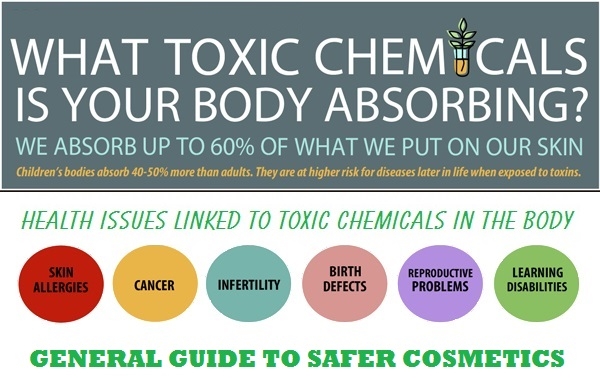
Cleaning your skin
- Avoid Triclocarban in your bar soap and Triclosan in your liquid soap
- Hand sanitisers can contain ethanol (ethyl alcohol)
Moisturising your skin
- Avoid Retinyl palmitate (or retinol) in your daytime skin products
Cleaning your hair
Avoid the following in your shampoo's and conditioner's
- Fragrance
- PEG, ceteareth and polyethylene
- Parabens such as propyl, isopropyl, butyl and isobutyl
- DMDM hydantoin
Cleaning your teeth
Toothpaste
- Avoid Triclosan
Lip care
Avoid Retinyl palmitate (or retinol) in your lip care/cosmetic products
Nail care
Avoid
- Formaldehyde or formalin
- Toluene
- Dibutyl phthalate (DBP)
- and if your are pregnant, skip all polishes
Sunscreens
Avoid
- SPF sunscreens above 50
- Retinyl palmitate
- Aerosol sunscreen spray
- Powdered sunscreens
- Oxybenzone
- Insect repellents
Alternatives to sun protection
- Use hats and stay in the shade in the mid-day sun
- Zinc or Titanium (not as nano-particles) are the best active ingredients for sun protection (or 3% Avobenzone products, as an alternative)
- Use SPF 30 for strong sun conditions
- Sweat, water, clothing, skin absorption and the sun itself continually reduces the effectiveness of sunscreens. Use a lot of it and reapply as often as possible
- White sunscreen on your skin is a good general indication of 2 important factors (1) the Zinc or Titanium are not ground into nano-particles, and (2) the sunscreen does not contain strong skin penetration chemicals
Your kids
Children have smaller bodies and higher metabolic rates than adults. This means that gram for gram, the effect of a cosmetic toxin in a child is much higher than in an adult.
- Diaper cream - no boric acid
- Baby wipes - no 2-bromo-2-nitropropane-1,3-diol (bronopol)
- Toothpaste - no fluoride toothpaste for kids under 2 and limit fluoride toothpaste for kids who may swallow it
Ingredients with safety concerns because of contamination
Avoid
- Fragrance
- DMDM hydantoin
- Diazolidinyl urea
- Imidazolidinyl urea
- Ceteareth
- PEG
- Polyethylene
Products with safety concerns
Avoid
- Hair straighteners - Linked to cancer, allergies, skin and scalp irritations, hair damage and hair loss
- Dark permanent hair dyes - Linked to cancer
- Loose powders - Inhalation risk, for example, mineral makeup should not be inhaled
- Fragrance - Linked to allergies
- Skin lighteners - Linked to skin irritations and damage
2 schools of thought that you can use when deciding which cosmetics to use
- Trial and error principle. Stop using the product when a problem develops. Some problems appear immediately, some problems take years, some problems appear as other problems, such as asthma in yourself or learning disabilities in your kids (that are still to be born)
- Precautionary principle. If it raises a red flag with you or anyone else, simply forget about it. Let the manufacturer PROVE to you that it will not cause any problems at all.
